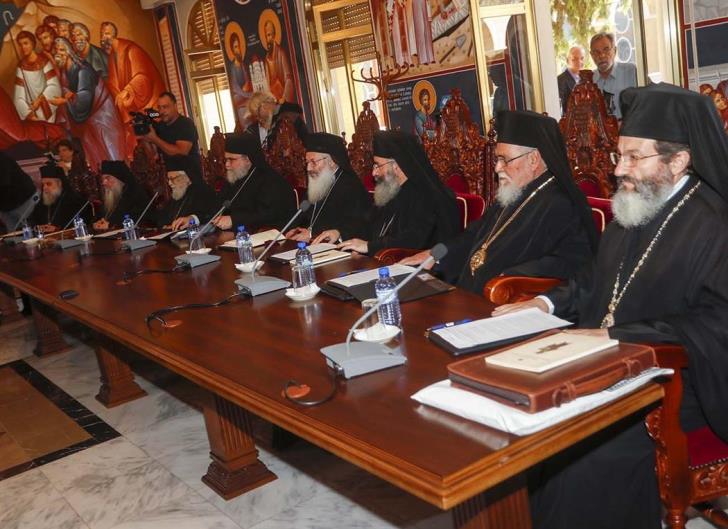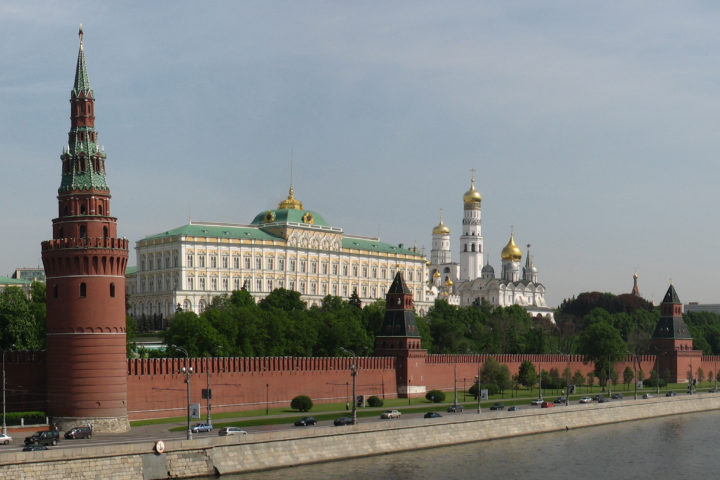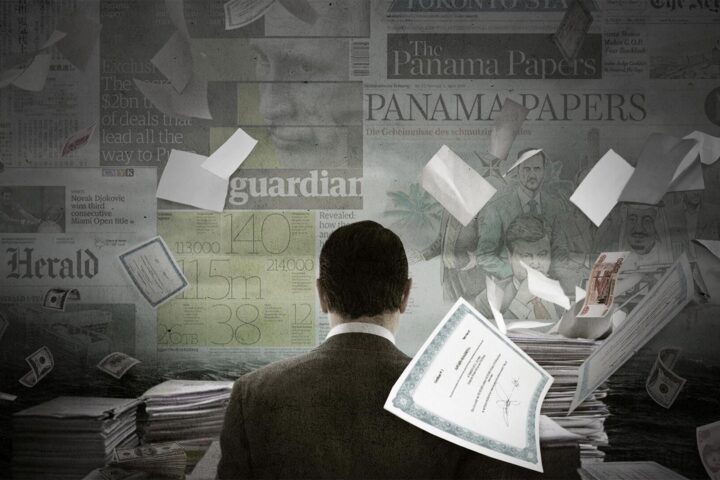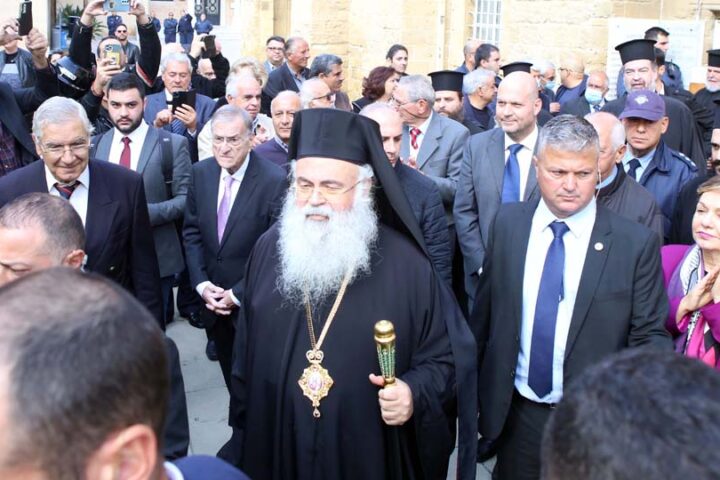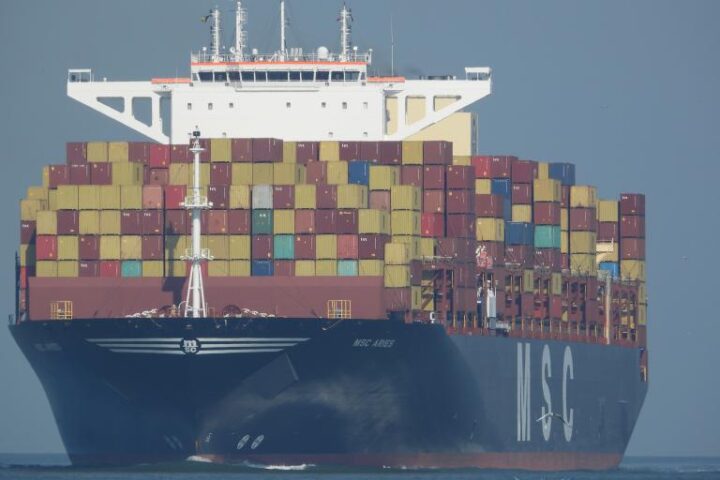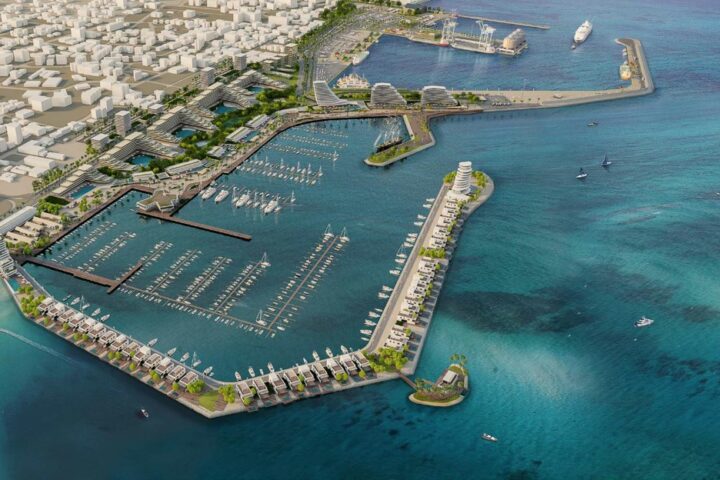According to a Holy Synod decision, Russian Orthodox Christians living in Cyprus will be excluded from the Archbishopric elections on 18 December.
It overturns initial plans to allow anyone Christian Orthodox and a citizen of Cyprus for at least a year to vote for a new archbishop.
A ballot will be held based on catalogues already provided by the state, with the Holy Synod now saying that there is no time for the Church to process non-Cypriot parishioners.
This means that any Orthodox resident not included on the voting state’s electoral register cannot cast their vote for the next Archbishop of Cyprus.
Excluding the sizeable community of Russian Orthodox churchgoers is expected to negatively impact the campaigns of the Limassol Bishop Athanasios and Tamasos Bishop Isaias, who are pro-Russian on the thorny issue of recognising the Ukrainian Church.
Recognising the recently proclaimed independence of the Ukrainian Orthodox Church and Russia’s invasion is expected to be decisive in the campaign for the Archbishop’s throne.
The Holy Synod of 17 bishops was split in 2020 over the decision by Archbishop Chrysostomos II to extend blessings to the leader of the newly proclaimed Ukrainian Church, Epiphanius I.
In 2020, he moved unilaterally to recognise the new Ukrainian Church’s independence from Moscow, overturning an earlier Holy Synod position of neutrality on the controversial issue.
Later, 10 out of 17 bishops voted not to contest the decision by Archbishop Chrysostomos II, with seven bishops openly disagreeing with the decision.
The seven bishops included Limassol Bishop Athanasios, Tamasos Bishop Isaias, Kykkos Bishop Nikiforos and Morphou Bishop Neophytos.
Tamasos Bishops, once in the pro-Russia camp, has recently jumped ship, claiming to be appalled by Russia’s invasion of Ukraine.
He had been a staunch supporter of Russia, but his “stance changed after the first bomb hit Ukraine”.
The fact that Russia’s Patriarch Kirill not only failed to denounce but, in fact, supported the war caused him to step back.
Tamasos diocese is home to a majestic Russian Orthodox Cathedral built on its premises.
Critics questioned why the Holy Synod did not think of the technical issues when setting a date for the election, giving ground to conspiracy theories.
Almost half of the Holy Synod are running, as seven high-ranking clergy have thrown their hat in the ring for succession to the late Archbishop Chrysostomos II.
Archbishop Chrysostomos II died after a long battle with cancer; he was buried in Nicosia exactly 16 years after his enthronement on 12 November 2006.

